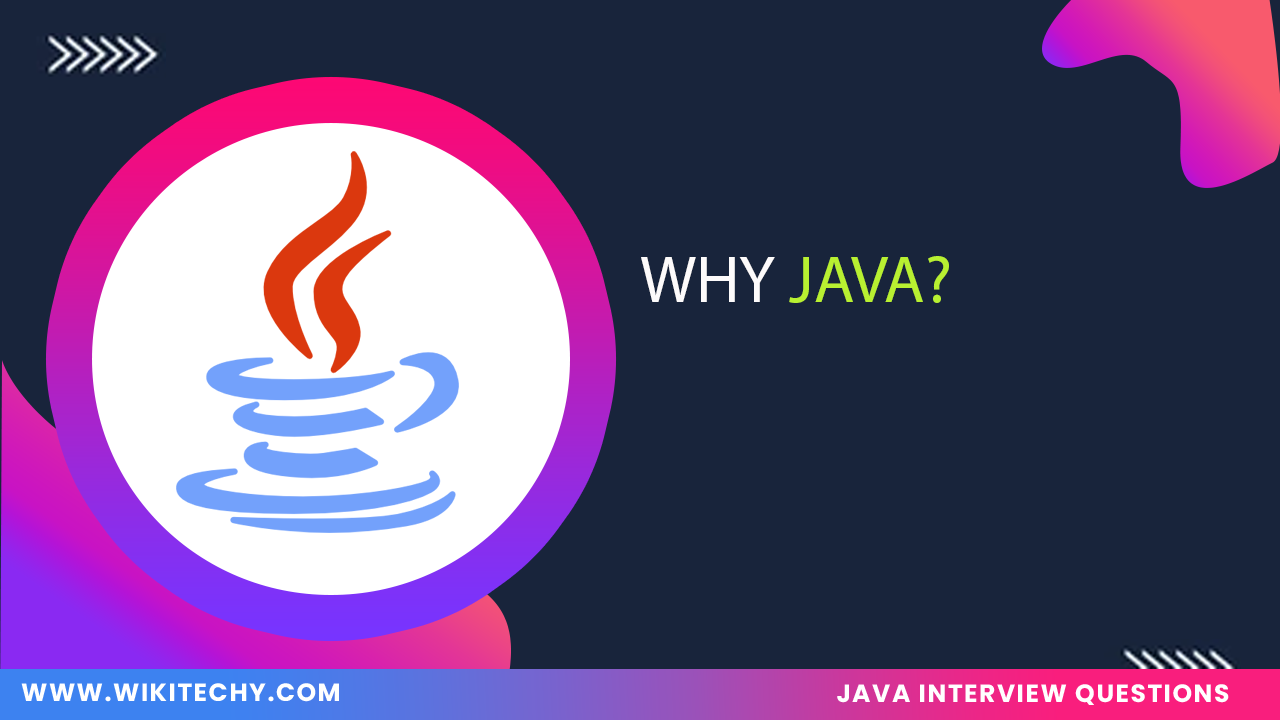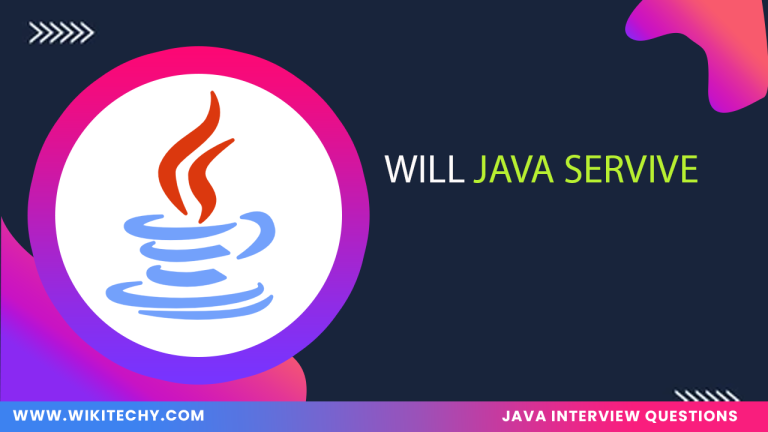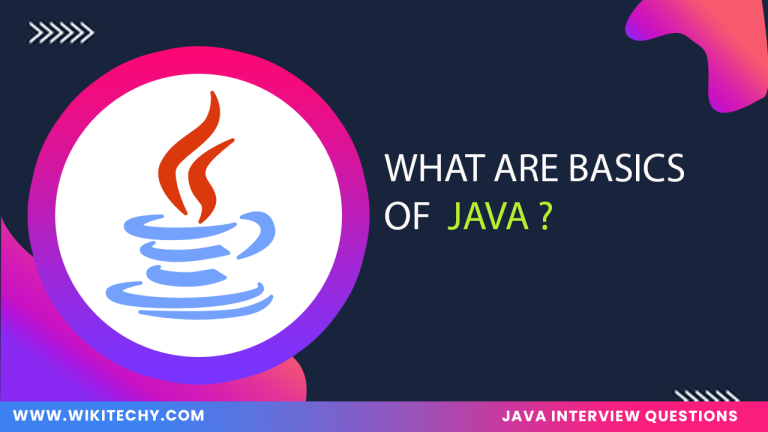Java is a widely-used, class-based, object-oriented programming language that is designed to have as few implementation dependencies as possible. It is platform-independent due to its “write once, run anywhere” (WORA) capability, meaning that compiled Java code can run on any platform that supports Java without needing to be recompiled.

Definition:
Java is a high-level programming language and computing platform initially developed by Sun Microsystems in 1995, and later acquired by Oracle. It follows the object-oriented programming paradigm and is designed to be easy to use, reliable, and efficient for building a wide range of applications.
Features:
- Java is based on the object-oriented programming paradigm, which makes code reusable, organized, and easy to maintain.
- Java code is compiled into bytecode, which can be executed on any platform with a Java Virtual Machine (JVM).
- Java provides robust security features, including bytecode verification, garbage collection, and built-in safety mechanisms to prevent common vulnerabilities.
- Java has built-in support for multithreaded programming, allowing multiple tasks to run simultaneously.
- Java eliminates many issues found in other languages, such as memory management and pointer handling. Its portability is ensured by the JVM.
- Java provides automatic garbage collection to handle memory management.
Advantages:
- Java programs can run on any device or operating system that has the JVM installed, making it highly portable.
- Java has a vast ecosystem with extensive libraries, tools, and frameworks that speed up development.
- Java offers a variety of built-in security features, which makes it a good choice for applications that deal with sensitive data.
- Java is designed to be scalable, allowing applications to grow in size and complexity.
- Java has a large, active community of developers and extensive documentation, making it easier to find solutions and learn.
Uses:
- Java is widely used for developing dynamic web applications, particularly with frameworks like Spring and Hibernate.
- Java is one of the primary languages used for developing Android applications.
- Many large-scale enterprise applications rely on Java due to its scalability and robustness.
- Java is used in big data technologies like Hadoop for processing large datasets.
- Java is often used in financial applications due to its reliability and security features.
- Java is used in scientific research and computational applications that require reliable and secure code execution.








